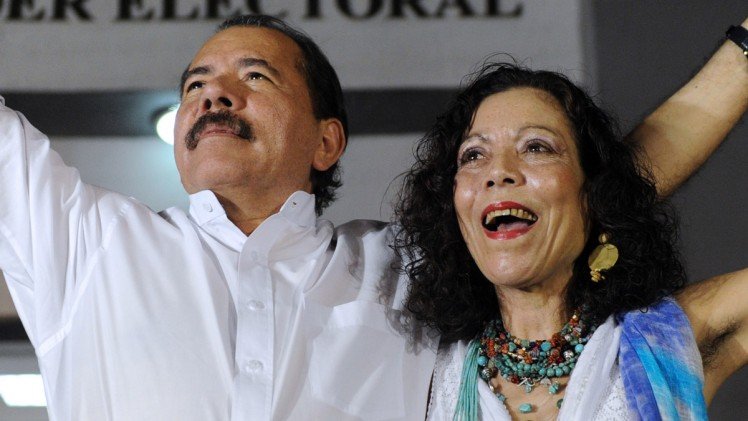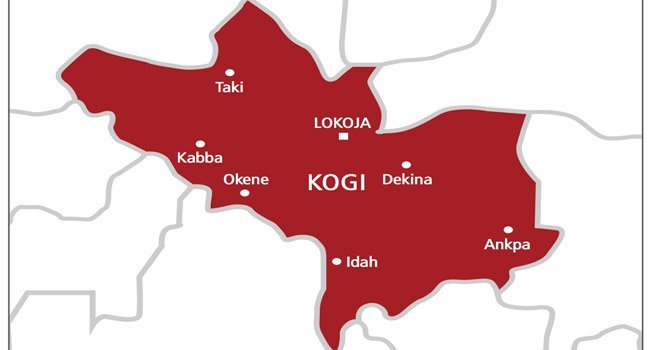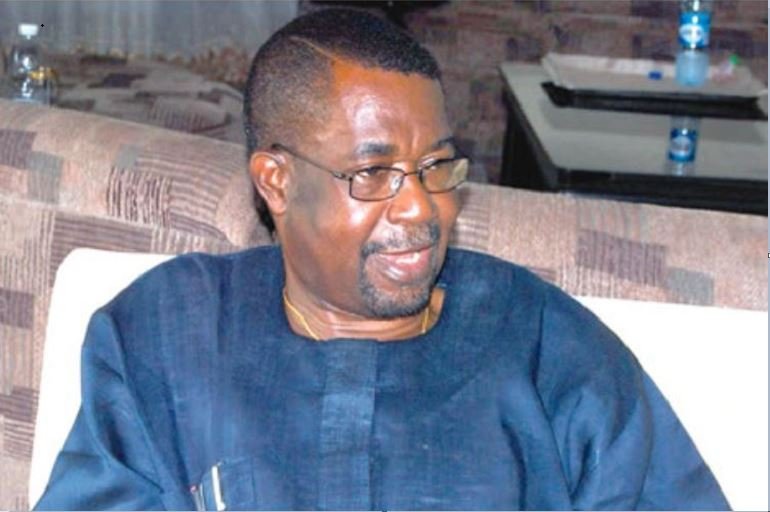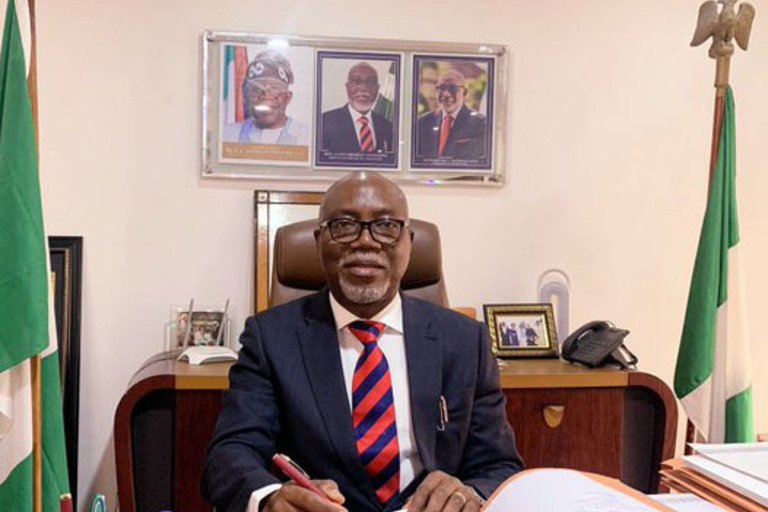
Nicaraguan President Daniel Ortega has won re-election, along with his wife, Rosario Murillo, as vice president.
Although electoral authorities said the former Sandinista revolutionary won a landslide 72.5 per cent of votes, with 99.8 per cent of ballots counted, the opposition denounced the poll as an “electoral circus.”
Ortega will be inaugurated in January 2017 for his third consecutive term and fourth overall, alongside his wife, principal spokesperson and now vice-president Rosario Murillo.
Analysts believe the family ticket is a move to further consolidate power and control succession after Ortega, who is nearly 71 and rumoured to be ill. In case of his death, Murillo would now take power.
Ortega ruled the country as head of the revolution junta and then as president from 1979 to 1990. He was elected to a second presidential term in 2006 and re-elected in 2011.
His closest challenger, Maximino Rodriguez of the liberal PLC party, took 14.2 per cent.
The country’s main opposition party, the National Coalition for Democracy (CND), was shut out of Sunday’s elections by a June court decision, one of several that gutted opposition elements under Ortega’s increasingly authoritarian rule.
Opposition leaders had called for voters to boycott the elections, and reported that less than 30 per cent of voters took part but elections authorities reported voter turnout of 68 per cent.
Ortega banned independent election observers from monitoring the vote, which CND leader Luis Callejas said was “not fair or transparent.”
“We are demanding repeat elections – with transparency, fair competition and international, unbiased observers,” he said.
Dissident former revolutionary commander Dora Maria Tellez, now part of the country’s opposition, told dpa that Ortega has perpetrated electoral fraud because he “knew he would lose clean elections dramatically.”
She said the opposition planned to prove their voter turnout claims and demand immediate new elections.
But she admitted that the vote could not be independently, retroactively audited because Ortega-allied electoral authorities controlled the elections process.
Ortega’s leftist Sandinista National Liberation Front (FSLN) party won a large majority in the country’s parliament as well.
FSLN adherents celebrated in the streets of Managua overnight, dancing to loud music and waving the party’s red-and-black flags.
Leftist leaders allied with Ortega lauded the win, with Venezuelan President Nicolas Maduro calling it a “victory for the great Fatherland Nicaragua.”
The US criticised the election, saying it was “deeply concerned” by Nicaragua’s “flawed presidential and legislative electoral process … which precluded the possibility of a free and fair election on November 6.”
The US State Department said the Nicaraguan government sidelined opposition presidential candidates and limited observation of the polls.
It added that the government’s decision not to invite international observers “further degraded the legitimacy of the election.”
The US will continue to press the Nicaraguan government “to uphold democratic practices including press freedom and respect for universal human rights in Nicaragua, consistent with our countries’ shared obligations under the Inter-American Democratic Charter,” according to the statement.











